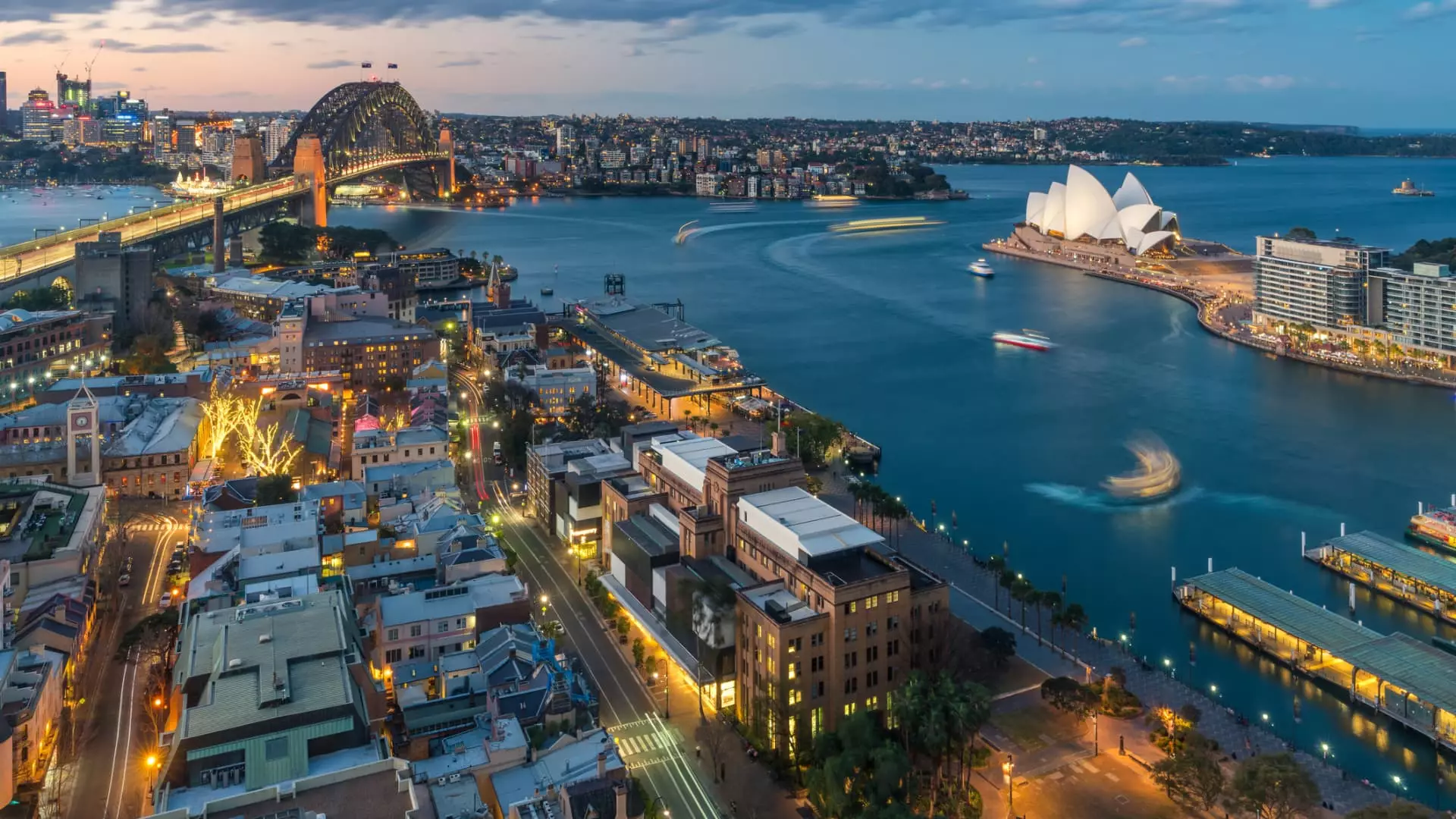In a landscape riddled with unpredictable political signals and shifting trade policies, markets are increasingly revealing their vulnerability to the whims of power politics rather than solid economic fundamentals. The recent announcement by U.S. President Donald Trump about imminent tariffs, set to take effect on August 1, exemplifies how political actions—often driven by nationalistic rhetoric—undermine global economic stability. Despite claims from Treasury officials that this date is merely a “negotiating tool,” the message is clear: the geopolitical chess game continues to erode investor confidence and market resilience.
Such declarations serve as a stark reminder that modern markets are less driven by intrinsic value and more by perception and uncertainty. The notion that postponement or renegotiation could somehow mitigate fallout is optimistic at best. In reality, these threats amplify volatility and foster a climate of suspicion among international trading partners. Countries like Japan, South Korea, and Australia watch nervously as their markets falter, with indices like Nikkei and Kospi displaying modest declines, proof that regional economies are not isolated from Washington’s unpredictable stance.
Politicized Trade and Its Disastrous Impact on Growth
Trade tensions, masked behind diplomatic assertions of flexibility, have real consequences. The Australian Reserve Bank’s decision to slash interest rates—a reactive measure rooted in the fear of global slowdown—reflects how intertwined policies are. The expectation that rates will decrease by 25 basis points highlights a fragile sense of confidence; central banks are now caught in a cycle of reacting rather than anticipatory planning. The interconnectedness of monetary and trade policies suggests that hesitation and cautious optimism are no longer sufficient to stabilize the economy.
Meanwhile, U.S. futures echo the anxiety—Dow futures dip over 0.3%, indicating investors are reluctantly bracing for further upheaval. This cautious retreat underscores a broader trend: markets are increasingly dictated by the unpredictable calculus of political brinkmanship rather than sound economic data. The recent rally before these threats, with the S&P 500 and Nasdaq reaching new heights, now seems eerily disconnected from the underlying global risks that policymakers’ brinkmanship have reignited.
The Illusion of Control and the Growing Need for Responsible Leadership
What does this all reveal about the state of leadership in a polarized world? Bluntly, it exposes a deficit of responsible governance that recognizes the severe implications of using tariffs and trade threats as leverage. The idea that such measures can leverage short-term political gains at the expense of long-term economic health is dangerously shortsighted. Markets thrive on predictability and trust—a commodity that is rapidly eroding amid these back-and-forth tactics.
The truth is that true leadership should transcend reckless tariffs and focus on fostering dialogue and stability. Instead, we are witnessing a cycle of escalation, where political posturing trumps pragmatic policymaking. As a result, investor anxiety persists, and confidence dwindles—fundamental ingredients for sustained growth.
In this environment, policymakers at all levels must recognize that their actions are not isolated; they have ripple effects that threaten global economic health. If leadership continues to gamble on dividing economic blocks and using tariffs as bludgeons rather than tools for cooperation, the markets’ fragile optimism will be replaced by long-lasting uncertainty and decline.


Leave a Reply